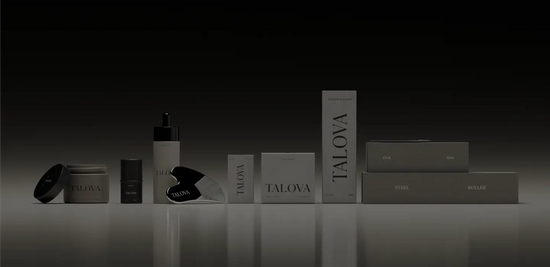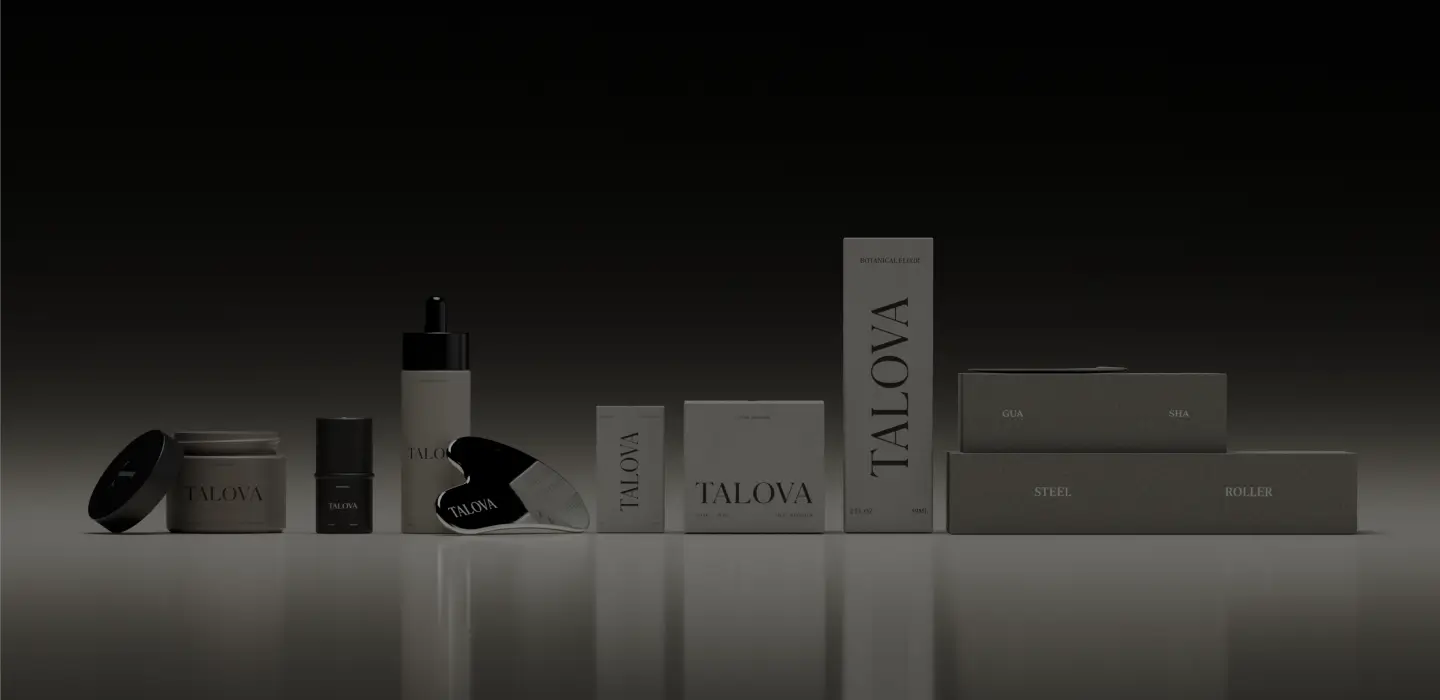When you hear the word "microbiome," you probably think about your gut. But your skin has its own microbiome too—and it's just as important. While the bacteria in your gut help with digestion, the microorganisms on your skin play a key role in maintaining your skin’s health, appearance, and even its ability to defend against external irritants. Yet, just like the gut, your skin microbiome is a delicate ecosystem that requires care and balance.
Taking care of your skin microbiome isn’t just about slathering on the latest miracle product; it’s about fostering an environment that supports the good bacteria while keeping the bad ones in check.
Ahead we’ll explore what the skin microbiome is, why it’s vital for your overall skin health, and how to improve it—so your skin stays in balance, clear, and glowing.
What Is Your Skin Microbiome?
Your skin microbiome refers to the diverse blend of bacteria, fungi, viruses, and other microorganisms that live on your skin. These microscopic residents play an essential role in keeping your skin healthy. They create a barrier against harmful pathogens, regulate your skin’s pH, and contribute to the production of natural oils and lipids that help retain moisture. Essentially, they help maintain the harmony and function of your skin’s outermost layer, the epidermis.
When your skin microbiome is in balance, your skin looks and feels better. But when it’s out of balance—whether due to stress, poor skincare habits, or environmental factors—it can lead to problems like acne, eczema, and even premature aging. That’s why it’s crucial to take care of it just as much as you take care of your gut or your general health. A well-balanced skin microbiome doesn’t just prevent skin issues—it helps promote a youthful, radiant complexion.
8 Ways to Improve Your Skin Microbiome
Now that you know what your skin microbiome is and why it matters, let’s talk about how to support it. Here are ten ways you can help keep your skin’s ecosystem in check.
1. Use a Biocompatible Moisturizer
One of the easiest ways to improve your skin microbiome is by using products that are biocompatible with your skin. This means choosing moisturizers made from ingredients that align with your skin's natural structure and processes. Grass-fed beef tallow, for instance, is a biocompatible moisturizer that mimics your skin’s natural oils. Rich in fatty acids and fat-soluble vitamins, tallow nourishes and supports your skin without disrupting the delicate balance of your microbiome. Unlike many synthetic products, tallow moisturizers help restore the skin’s natural barrier and promote a healthy, balanced microbiome.
2. Don’t Over-Wash Your Skin
Cleansing is essential for removing dirt and excess oil, but over-cleansing can strip your skin of its natural oils and disrupt the microbiome. Look for gentle cleansers that don’t contain harsh chemicals or fragrances, which can be irritating to your skin’s protective layer. Opt for a cleansing routine that’s effective yet soothing to ensure your microbiome remains balanced.
3. Avoid Antibacterial Products
Antibacterial soaps and cleansers may seem like a good idea, but they can destroy both harmful and beneficial bacteria on your skin. Rather than relying on products that kill bacteria, opt for those that protect your skin’s natural ecosystem and allow good bacteria to thrive. A balanced microbiome isn’t about wiping out everything; it’s about keeping things in harmony.
4. Eat a Balanced Diet Rich in Prebiotics
Just as probiotics support your gut microbiome, prebiotics help feed the beneficial bacteria on your skin. Foods like garlic, onions, bananas, and artichokes are rich in prebiotics, which nourish your skin’s good bacteria from the inside out. A diet rich in fiber and antioxidants will also support your overall skin health, helping your microbiome thrive.
5. Don’t Skip Sunscreen
Exposure to UV rays can disrupt the skin microbiome, leading to an imbalance of bacteria. Sunscreen is essential for protecting your skin not only from the harmful effects of UV rays but also from the impact they can have on your microbiome. Look for a broad-spectrum sunscreen with natural ingredients to ensure you’re getting protection without disturbing the delicate balance of your skin’s ecosystem.
6. Stay Hydrated
Hydration is key for maintaining healthy skin, and it also supports your skin’s microbiome. Dehydrated skin can lead to an imbalance in the microbial environment, which may lead to dryness or irritation. Make sure to drink plenty of water throughout the day and use a hydrating moisturizer to keep your skin's moisture levels in check.
7. Get Enough Sleep
Sleep is when your skin does much of its repair work, and it’s also when your microbiome can reset and thrive. Poor sleep can contribute to increased stress levels and inflammation, both of which can disrupt your skin’s microbiome. Aim for 7-9 hours of quality sleep each night to allow your skin and microbiome to repair and regenerate.
8. Monitor Your Stress Levels
Stress wreaks havoc on both your skin and your microbiome. When you’re stressed, your body produces cortisol, a hormone that can disrupt the balance of bacteria on your skin. Practice stress-management techniques like meditation, deep breathing, or yoga to keep your stress levels in check and support a healthy skin microbiome.
5 Habits That Sabotage Your Skin Microbiome
While there are plenty of habits that can improve your skin microbiome, there are also a few common ones that can sabotage it. Here are five habits to avoid:
1. Excessive Exfoliation
Exfoliating helps remove dead skin cells, but doing it too often can strip your skin of its natural oils and disrupt the microbiome. Stick to exfoliating once or twice a week to avoid damaging your skin’s barrier.
2. Using Harsh Chemicals
Skincare products with alcohol, parabens, and artificial fragrances can disrupt your skin’s microbiome and cause irritation. Choose gentle, natural products to protect your skin’s delicate ecosystem.
3. Skipping Moisturizer
Even if you have oily skin, moisturizing is essential for maintaining your skin’s natural balance. Skipping moisturizer can leave your skin vulnerable to dehydration and imbalance.
4. Touching Your Face Too Much
Your hands carry bacteria, and constantly touching your face can transfer unwanted germs to your skin. Try to avoid touching your face, and always wash your hands before applying skincare products.
5. Not Removing Makeup at Night
Leaving makeup on overnight can block pores and disrupt your skin’s natural barrier. Make sure to cleanse your skin thoroughly at night to allow your microbiome to breathe and regenerate.
The Secret to Healthy Skin? Balance.
Improving your skin microbiome isn’t about overhauling your routine—it’s about making smarter, simpler choices that keep things in balance. By opting for biocompatible products, reducing stress, and making mindful lifestyle tweaks, you’re not just preventing problems, you're helping your skin thrive. The more you respect your skin’s ecosystem, the better it will look and feel, naturally.


